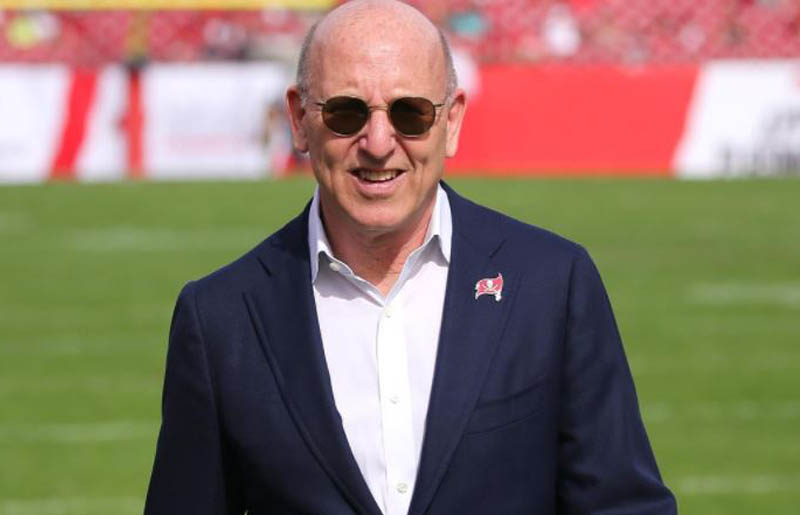The German Bundesliga is rightfully considered one of the most spectacular football championships in Europe. Stadiums in Germany are famous for record low ticket prices and, as a result, almost 100% occupancy of the stands. Fans are allowed to drink beer while watching matches, do choreography, hang banners and wave flags with almost any symbolism. All this creates a unique holiday atmosphere, which, in turn, is protected by the 50 1 Rule in the Bundesliga. The article discusses how the German football law appeared, what it is, how it is circumvented and is being reformed.
What is the 50 1 Rule in the Bundesliga
German footbal mostbet-az-90.com l clubs have historically not have nothing to do with commercial organizations. For example, at the beginning of the last century, the Holstein Kiel, Preussen Münster and Carl Zeiss Jena teams were founded by gymnasium students and simple workers of an optical-mechanical plant. People who could not boast of great financial wealth practiced democracy in the management of football clubs. In the first place, leaders from the people were team successes, and not earnings on sports projects.
Until the end of the 20th century, traditions forbade private owners to own clubs in Germany. In 1998, the German Football Association (DFB) approved the 50 1 Rule in the Bundesliga, which came into force a year later. According to the resolution, team fans have 51% of the votes when their club makes any financial, organizational and other decisions.
In other words, sports projects are managed not by investors, but by fans. The rule does not prohibit commercial persons from making offers that may be beneficial to both parties. However, if the fans do not support the investor's initiative, his bloated wallet will be powerless.
Here's how it works in practice. In 2017, German billionaire and president of Hannover 96 Martin Kind bypassed the 50 1 Rule through the courts and secured the purchase of a controlling stake in a non-profit organization.
Kind, run by a businessman, seemed too powerful to Red fans and, as a result, out of this, dangerous to democracy in the leadership of the team. More than 2,000 members of Hannover, representing the interests of the fans, voted to remove Kind from the presidency. Martin had no choice but to resign.
The difference between the Bundesliga and the rest of the football world is visible when assessing the situation in the English Premier League. For almost 10 years, Manchester United fans have been unsuccessfully demanding that American businessman Joel Glaser sell the club. Manchester United dropped out of the ranks of European giants and turned into a money bag that practically does not appreciate academy graduates.

Manchester United owner Joel Glazer
However, the Red Devils brand continues to pay dividends for Glazer, so he does not even think about selling the project. United fans can only hope for a miracle.
Another example is Roman Abramovich and his Chelsea. The Russian billionaire is doing everything so that the blues win on the domestic and international arenas. The fan base is satisfied. However, if the governor of Chukotka wants to demolish the Londoners' home stadium and build a shopping center in its place, no one can stop him.

